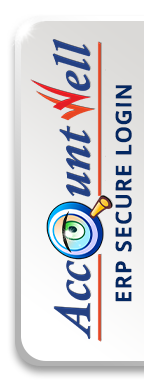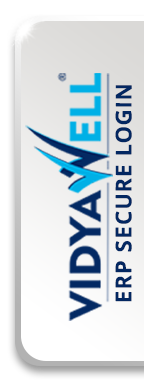Data Analysis with R Programming - Advance
Objective
The objective of this course is to extract meaningful insights from data by applying statistical and computational techniques. Use R's powerful visualization libraries to create graphs and plots that communicate results clearly. Build machine learning models to make predictions based on historical data.
Target Audience
Students who have done Bachelor of Technology (CS/IT), Bachelor of Computer Applications (BCA), Bachelor of Science in Information and Technology (B.Sc IT), Master of Computer Applications (MCA), Master of Science in Computer Science (M.Sc CS), Master of Science in Information and Technology (M.Sc IT) and professionals seeking a future in IT Industry.
Duration of Course
{{reg.ProfessionalCourseMonth}} Months
Credit Weight
{{reg.ProfessionalCourseMonth}} Credits
Certificate
The participants will be provided with a certificate upon successful completion of the course.
Career Advancement
Learning data analysis with an R programming course offers several benefits, especially for individuals in data science, statistics, or related fields. R equips you with skills that are in high demand in data-centric fields, providing a strong foundation for data manipulation, statistical analysis, and visualisation. Starting with roles such as Data Analyst or Research Analyst, professionals with strong R programming skills can advance to senior roles like Data Scientist, Biostatistician, or Machine Learning Engineer. Several Industries like Finance, Healthcare, Marketing, and Academia have career opportunities for R Professionals.
Module - 1 Introduction to R Programming
- Overview of R and its applications
- Installing R and RStudio (IDE)
- Understanding the R environment (Console, Script, Workspace)
- Basic R commands and syntax
- Introduction to R packages and CRAN (Comprehensive R Archive Network)
Module - 2 Data Types and Structures in R
- Numeric, Character, Logical, Complex, and Factor
- Vectors, Matrices, Lists, Data Frames, Arrays
Module - 3 Data Import and Export
- Reading Data
- Writing Data
Module - 4 Statistical Analysis in R
- Mean, median, mode, range, variance, standard deviation
- Correlation and covariance
- Hypothesis Testing
- Confidence Interval
Module - 5 Data Visualization with R
- Plotting Basic Graphs
- Customizing Plots
- Creating Different Plot Types
Module - 6 Advanced Data Science and Machine Learning
- Introduction to machine learning with R
- Linear Regression, Decision Trees, Naive Bayse
- Clustering (K-means, Hierarchical Clustering)
- Apriori algorithm (Market Basket Analysis)
Module - 7 Practical Application Of R Programming
- Apply learned skill to a practical project using real world business data.
Learning Management System (LMS) Panel:
- Lifetime Access: Students can log in securely at any time.
Course Features
- Live Online & Offline Classes: Engage in real-time sessions with instructors
- Interactive Sessions: Participate in discussions and Q&A to enhance learning.
- Practical Sessions: Apply concepts through hands-on activities.
- Class Recordings: Access recordings of live classes for review at your convenience
- Self-Learning Videos: Benefit from pre-recorded videos to reinforce learning.
- Digital Course Materials: Receive a soft copy of all course content.
- Assignments: Complete practical assignments to apply your knowledge.
- Practice Assessments: Test your understanding with practice quizzes.
- Final Assessment: Evaluate your overall progress with a comprehensive exam.





